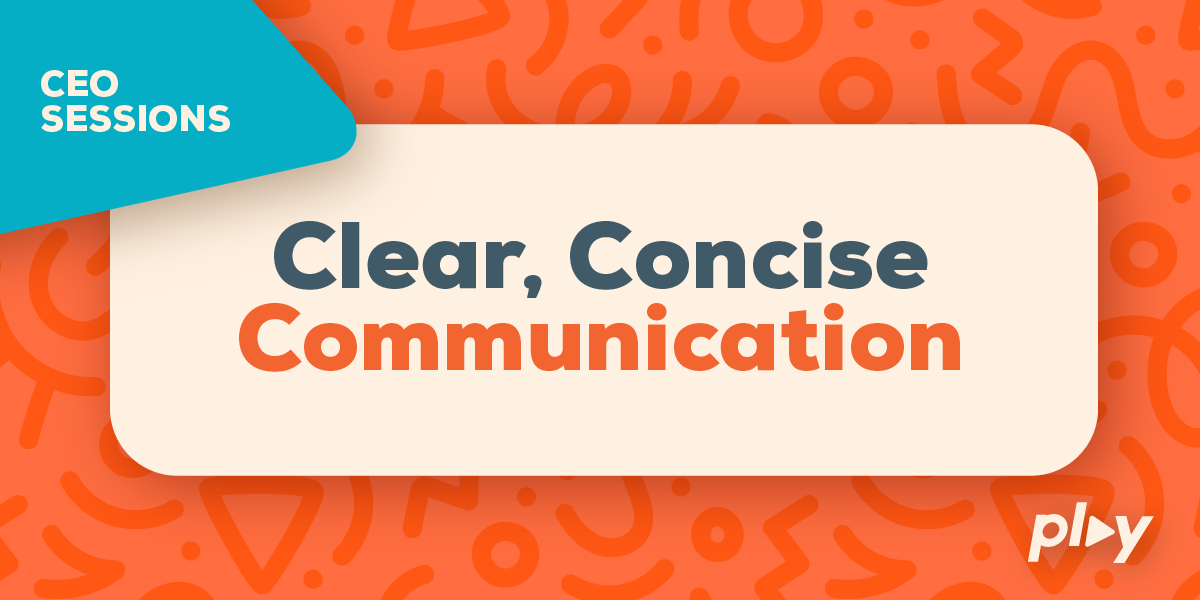CEO Sessions: Effective Communication

Introduction
When it comes to effective communication, there are many important factors to consider. In addition to being a good listener and adapting your communication style to the other person’s personality and strengths, it’s also important to be aware of any potential communication barriers that may exist. The last thing I want to do as a leader is to create an environment where my staff doesn’t feel comfortable enough to share their opinions or do not communicate with their fellow employees in an effective, thoughtful manner. I reinforce this by making sure every conversation like this leaves them feeling heard, listened to, and understood.
Learning Styles
Think about your learning style; some are hands-on, some visual, and others are auditory. Pro-Marriage Tip – What’s being said is not always being heard. Try reframing with an analogy they can relate to. Make it real for them.
For example, if you’re communicating with someone who speaks a different language or comes from a different cultural background, it’s important to take the time to understand their perspective and communicate in a way that is respectful and inclusive. This may involve learning more about their culture or language or simply being mindful of any potential misunderstandings that may arise. At PLAY, we have employees from all over the world and work with clients from different countries and cultures. We’ve found that it’s easy to find common ground when we are being open.
In Addition…
Another key factor in effective communication is being able to express yourself clearly and concisely. This means taking the time to organize your thoughts and ideas before speaking or writing and using language that is easy to understand and free of unnecessary jargon or technical terms. This is especially important when it comes to our monthly client meetings. Oftentimes, clients don’t have the background knowledge about technical advertising and marketing terms. And we don’t expect them to. That’s what we’re for. But this means that we have to be mindful of how we explain the numbers and results to them. Never talking down to them but explaining their accounts with clarity and confidence.
Conclusion
Finally, it’s important to be open-minded and empathetic in your communication. This means being willing to consider different perspectives and opinions and showing respect and understanding for the other person’s point of view. By approaching communication with an open and flexible mindset, you can build stronger relationships and achieve better outcomes in all areas of your life.
